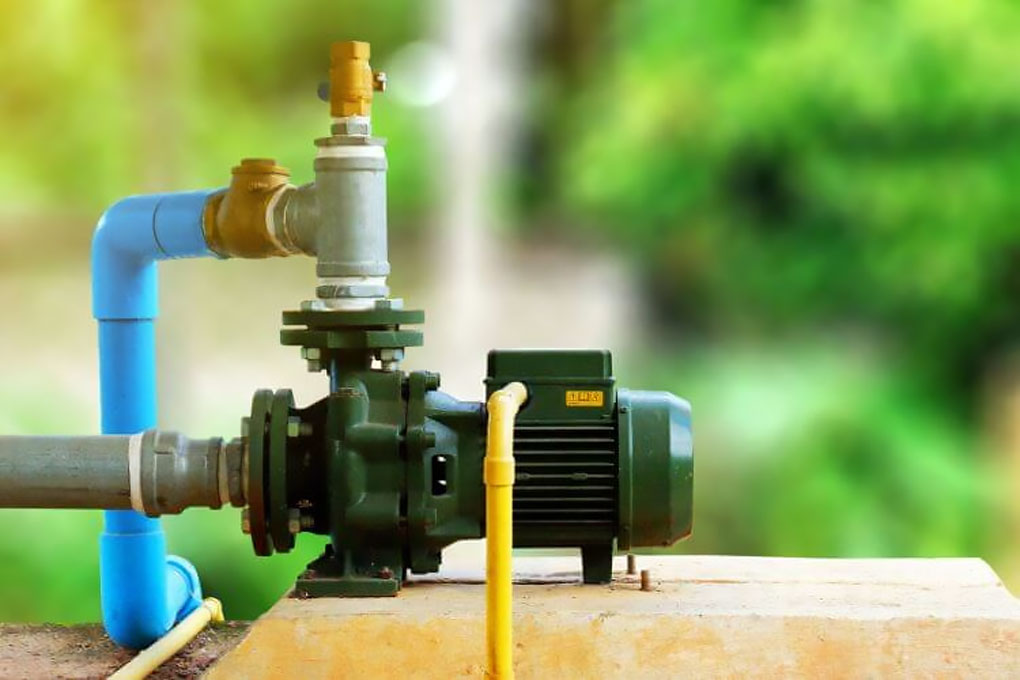Cutting-Edge Water Filtration Systems: Promoting Healthier Living Environments
Cutting-Edge Water Filtration Systems: Promoting Healthier Living Environments
Blog Article
Comprehending the Key Components of Effective Water Purification Equipments

Importance of Water Purification Systems
Water filtration systems play a critical role in guaranteeing accessibility to secure and tidy alcohol consumption water by efficiently getting rid of contaminants and pollutants. These systems are vital in addressing the growing concerns over water quality and the possible health and wellness threats related to consuming polluted water. By using different purification systems such as reverse osmosis, activated carbon, and UV sterilization, water filtering systems can successfully remove hazardous materials like microorganisms, infections, heavy steels, and chemicals from the supply of water.
Moreover, water filtration systems aid to improve the taste and smell of water by removing chlorine, sediments, and various other contaminants that can impact its top quality. Pump repairs & installation. This enhancement in water high quality not only makes it more palatable yet additionally urges people to drink an appropriate amount of water daily, promoting much better hydration and general wellness
Kinds Of Filtration Components

Physical filters are made to physically strain out pollutants from the water. These filters can be constructed from materials like ceramic, carbon, or even sand, and they work by capturing particles bigger than the filter's pores as water travels through.
Chemical filters make use of different chemical processes to remove impurities from the water. Examples consist of activated carbon filters, which adsorb pollutants, and reverse osmosis membrane layers, which utilize stress to separate contaminants from the water.
Biological filters make use of living organisms like algae or germs to damage down raw material and contaminants in the water. These filters are commonly used in wastewater therapy plants or all-natural water filtration systems.
Comprehending the different kinds of filtration elements is crucial for choosing one of the most ideal water filtering system for details filtration needs.
Feature of Debris Filters
Debris filters play an important function in water filtration systems by effectively capturing solid bits put on hold in the water. These filters are typically the very first line of defense in a purification system, eliminating bigger particles such as sand, silt, dust, and corrosion before the water moves with finer filtration stages. By capturing these sediments, the filters stop them from reaching downstream elements, thus prolonging the lifespan and efficiency of the entire system.
Ignoring this upkeep can lead to blocking, decreased water circulation, and jeopardized filtration efficiency. Generally, debris filters are crucial parts that add considerably to the performance of water filtration systems.
Duty of Turned On Carbon Filters
Playing a critical role in water purification systems, turned on carbon filters contribute in removing contaminations and impurities from the supply of water. These filters are developed to adsorb and trap a variety of contaminants, including chlorine, unpredictable organic substances (VOCs), pesticides, and herbicides. The triggered carbon material has a huge surface, permitting the efficient capturing of impurities with a process called adsorption. As water travels through the filter, the activated carbon holds and attracts onto the impurities, ensuring that the water that appears beyond is cleaner and safer for consumption.
Activated carbon filters are very effective at enhancing the preference and smell of water by minimizing chemicals that can affect its top quality. They are additionally capable of getting rid of certain hefty steels like lead and mercury. Additionally, these filters can assist stop the build-up of germs and algae in water, additional enhancing its overall top quality. Due to their flexibility and reliability, activated carbon filters are a key part in making certain that water go to this site is cleansed to the greatest reference requirements prior to getting to consumers.
Understanding Reverse Osmosis Solutions
Reverse osmosis systems are advanced water purification systems that use an innovative process to eliminate pollutants and pollutants from alcohol consumption water. These systems function by using pressure to the water, requiring it with a semi-permeable membrane layer. This membrane layer functions as an obstacle, permitting only pure water particles to travel through, while obstructing larger molecules such as minerals, chemicals, and various other pollutants. Because of this, the water that appears beyond is dramatically cleaner and safer for usage.
One key advantage of reverse osmosis systems is their capability to eliminate a variety of contaminants, including heavy metals, dissolved infections, germs, and solids. This makes them very efficient in boosting the general quality and safety and security of drinking water. Furthermore, reverse osmosis systems are relatively low-maintenance and can be set up under the sink or in a main purification system, supplying convenient access to clean water throughout the family. Generally, recognizing just how reverse osmosis systems function can assist individuals make educated choices concerning their water filtration demands.
Conclusion
In conclusion, efficient water purification systems are essential for ensuring safe and clean drinking water. The vital components of these systems include sediment filters, turned on carbon filters, and reverse osmosis systems. By comprehending the feature and role of each element, individuals can make educated choices when selecting a water filtering system. It click is very important to prioritize the quality of water in order to advertise overall wellness and well-being.
Water filtration systems play an important role in making sure access to risk-free and tidy drinking water by successfully eliminating impurities and impurities. By utilizing various filtration systems such as reverse osmosis, turned on carbon, and UV sanitation, water purification systems can successfully eliminate harmful materials like bacteria, infections, heavy steels, and chemicals from the water supply.
Debris filters play a critical role in water purification systems by efficiently recording solid bits put on hold in the water (Water Softeners).Playing a critical function in water purification systems, activated carbon filters are important in getting rid of contaminations and contaminants from the water supply.Reverse osmosis systems are advanced water filtration systems that utilize an innovative process to get rid of impurities and pollutants from alcohol consumption water
Report this page